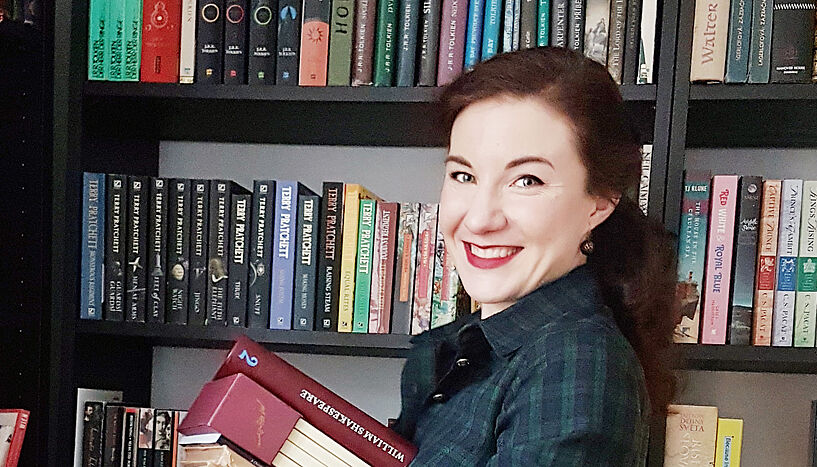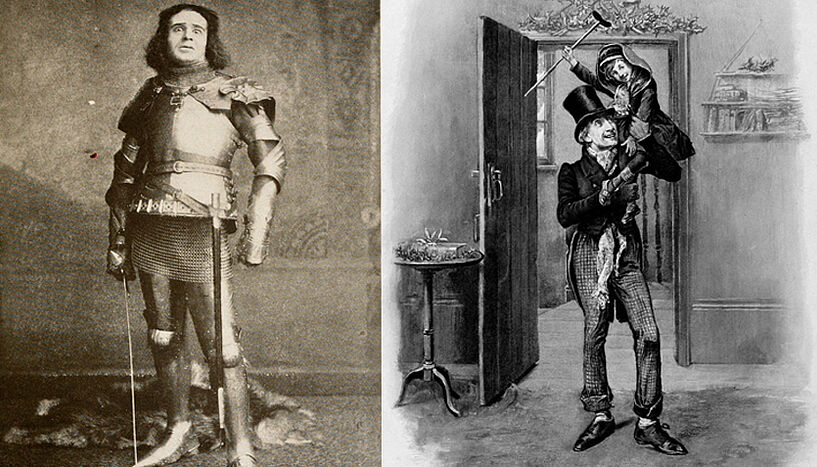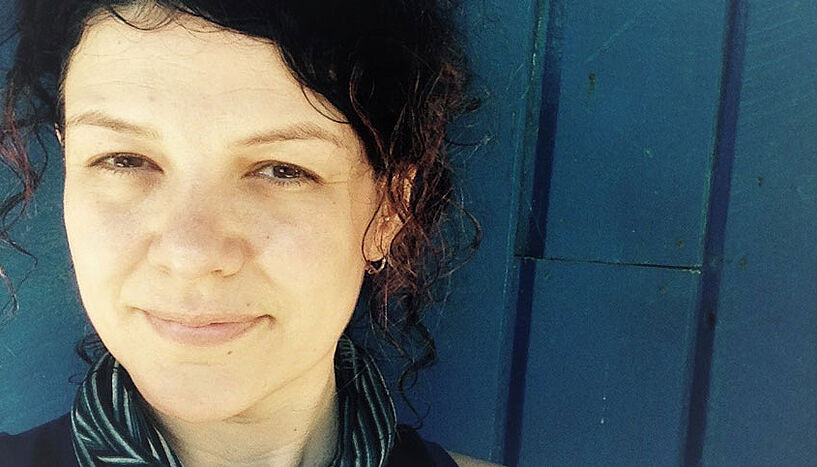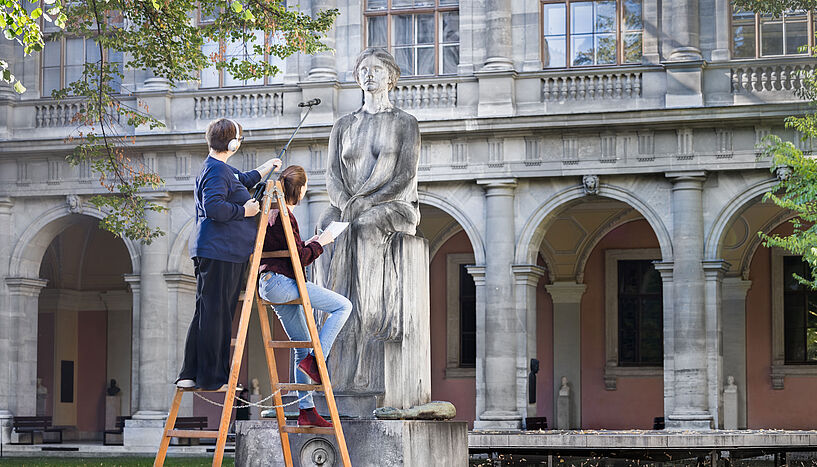REWIRE fellow Eva Spišiaková: "Translating Stories of Disability"
| 25. Juni 2021The REWIRE programme at the University of Vienna promotes young female researchers of different fields. One of the fellows is Eva Spišiaková, who researches at the intersection of Translation Studies and Disability Studies.
Diversity and how race, sexuality, class and age intersect with each other is debated in translation studies, generally in humanities, a lot nowadays. And while there is a robust body of research in translation studies which explores the field of feminist, postcolonial and queer perspectives, there is hardly any when it comes to the intersection of disability and translation. Which means, there is no scientific advice available on how to avoid reproducing ableist narratives. This is where Eva Spisiakova steps in. Her project "The Able(bodied) Babel: Translating Stories of Disability" aims to fill this gap.
How to find a research topic?
In her PHD Spišiaková was looking at LGBT+ issues. How was queerness translated in Shakespeare's Sonnets throughout history? This is how she stumbled upon her actual research topic: Disability is found within Shakespeare's work as well, but there is hardly any research done on it.
For "The Able(bodied) Babel: Translating Stories of Disability" she chose two rather one sided characters of literature: Shakespeare's Richard the Third who is, pictured as a disabled king, the main villain of the piece. And Charles Dickens Tiny Tim of Christmas Carol, who walks on crutches and is described rather victim-centered. Since both pieces are translated various times, it is possible to look at translations from as early as the 19th century as well as ones from the late 20th century, and therefore incorporate a political aspect: Is disability translated differently in times of communism? Before and after World War II? How much do social political aspects affect the translations?
REWIRE – Reinforcing Women in Research
The objective of the recently launched REWIRE funding programme for female postdoctoral researchers at the University of Vienna is to promote women in research. 16 promising female researchers from different disciplines received REWIRE fellowships. They enable them to conduct research in Vienna for a period of three years and support them in their academic career progression. uni:view will present short portraits of some of the researchers and their projects.
How to become a researcher?
According to Eva Spišiaková it is undeniable: "Part of it is always luck, it is about being in the right place at the right time." And, as in many things, the way to become a scientist contains a lot of small steps. A lot of applications, and a lot of denials. So she gathered a lot of feedback and "each time the project got rejected, it got more focused, more specific." The hardest part according to her is the uncertainty. "Finding a place within the academic setting is never easy and it's sometimes just very hard to deal with the fact that you have rejection after rejection." But for her it is just something, she is "glad to sink my teeth into. To this day, I know this is something I want. I never doubted that I want to be in academia, it was more: will academia actually have me?"
Well, it seems a lot like the answer is: yes!





